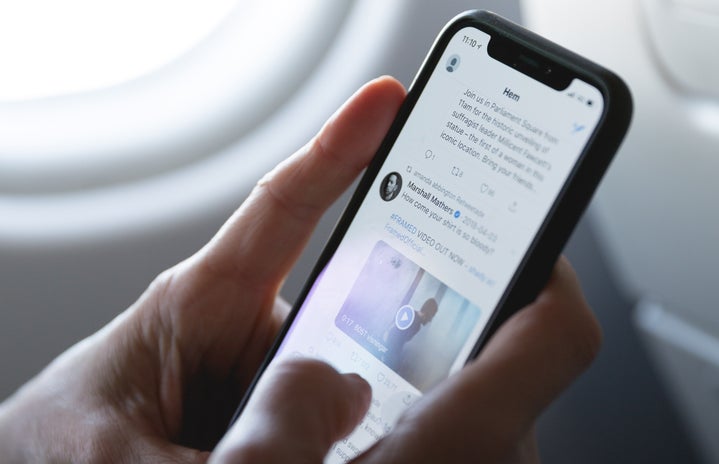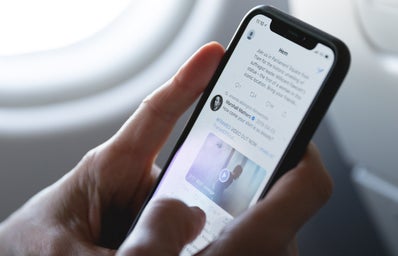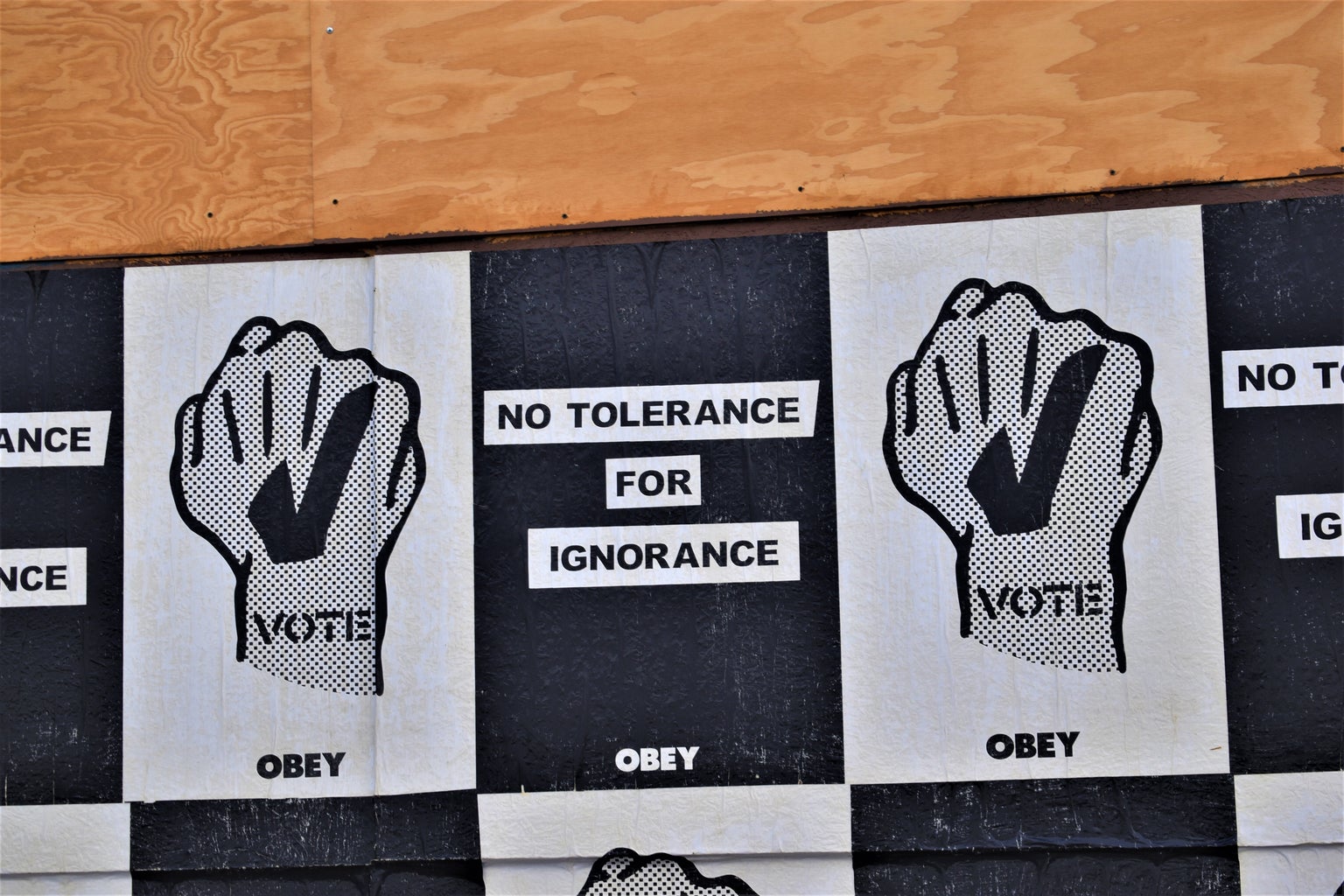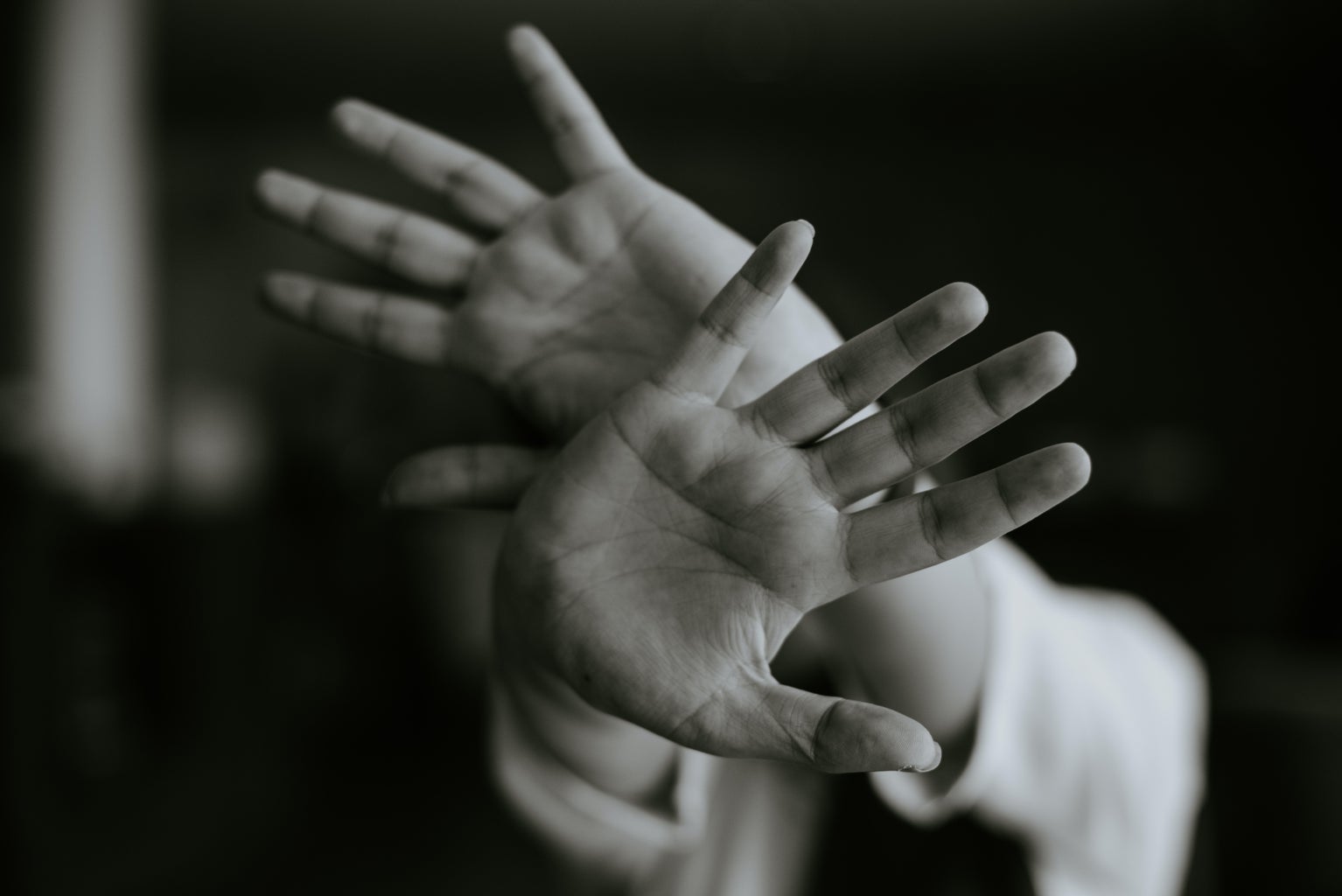James Charles. J.K. Rowling. Chrissy Teigen. Lea Michelle. Ellen Degeneres. Piers Morgan. “Shake” from Love is Blind Season 2. James Charles (again).
This is a (non-exhaustive) list of some celebrities that have been “canceled.” What exactly does “canceled” mean you might ask? According to the most reliable source, the Urban Dictionary, “canceled” means “You are over with. Done for. No redemption. Be gone.” One of the most common reasons why people get canceled are for racist or homophobic comments, comments that they may have said in real time, or perhaps posted on Twitter a few years ago.
Now, you don’t just have to be a famous celebrity to get “canceled.” The average individual can be canceled too, and while it may not result in you getting booted from your daytime show or make you lose millions of subscribers on YouTube, it can play a significant role in influencing your future career prospects.
Canceling people, interestingly, goes against the basic premise of our legal system. Rather than you being presumed innocent before proven guilty, in ‘cancel culture’, you’re presumed guilty. Even in cases where comments are not blatantly harmful, little is done to understand how what you said might have come from a place of legitimate ignorance.
Don’t get me wrong, I am all about people who say racist, sexist, homophobic comments, etc., being reprimanded for their words. However, as a future teacher, I think it is essential that this reprimanding is followed with education. If you disapprove of someone’s actions/comments and just dismiss and ignore them, you are not addressing the source of the problem which is the individual’s ignorance or bigotry.
When we give into an environment that disregards second chances, we make fear become the determining factor of how individuals interact with each other, not a genuine desire to do the right thing. We make something “politically correct” as opposed to “correct.” Sometimes, we enable offenders to victimize themselves, evading necessary conversations and generalizing something as being a part of “cancel culture.”
One thing is for sure; words have meaning, they elicit feelings, and they cannot be withdrawn. Words have some sense of permanence, especially in the age of the Internet and social media.
But this issue is not as simple as we think. It’s not just about individual comments and canceling people. It’s about the rigid political polarity that this results in. There is always a “right” or “wrong” side, there is always a need to speak up, and there is always an expectation that one stays out of the conversation if they do not have the courage to take one stance or the other.
There are many complicated questions that we as a society still need to answer. How does “canceling” apply to comedians? Should their content be filtered by what is deemed “politically correct” in society? Or are they allowed to push boundaries, as long as it does not cause harm to targeted groups? How do we define harm? Who has the power to enforce cancel culture and who is typically subject to it?
The only way to answer these questions and address this problem is to sit down and have a conversation. In a time where people are either afraid to speak up or are so vocal that they do not give a space to those who may not have as loud of a voice, we need to be patient. If we don’t take every opportunity as one for an empathetic conversation, we are willingly treading a path of continuous conflict.
So, next time you disagree with someone, talk to them. Explain your point of view and listen to theirs. Don’t give up on them, take a chance on them. It will not only help them grow as a person, but it will help you grow too.







